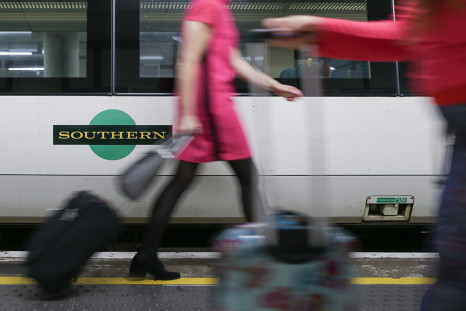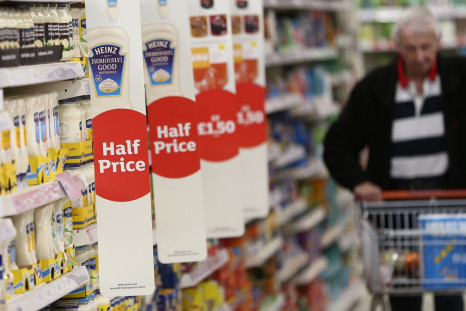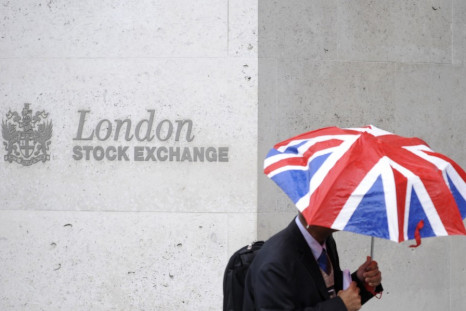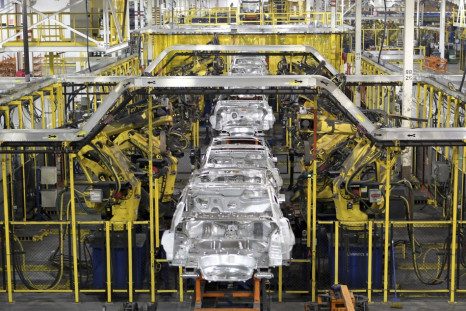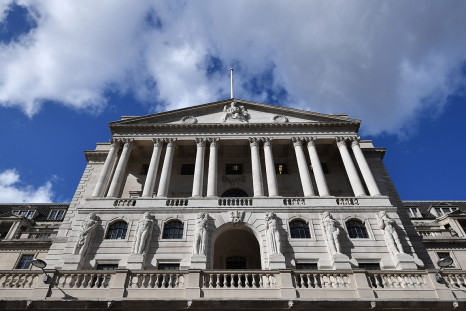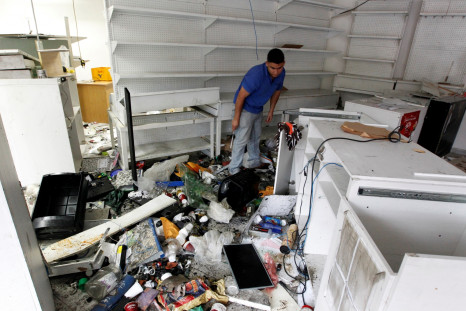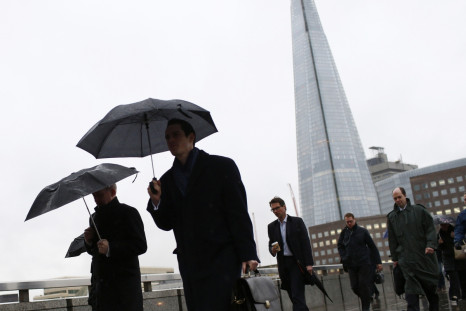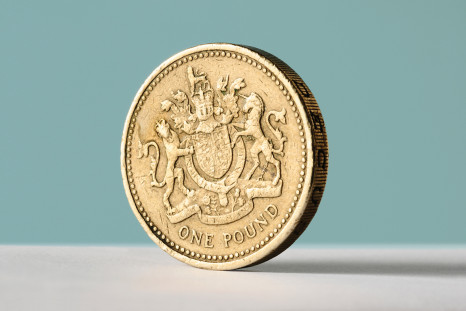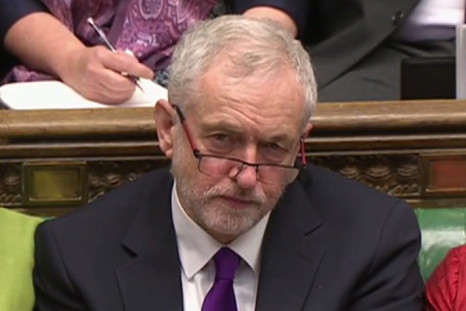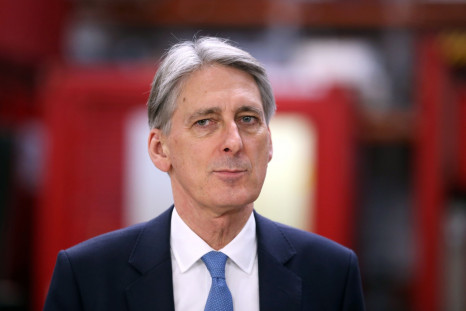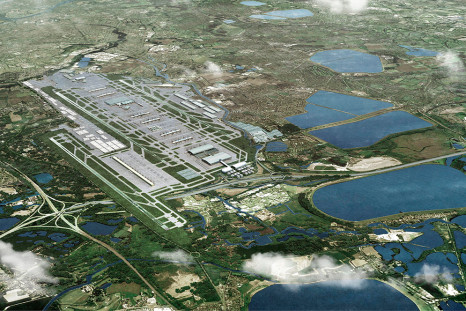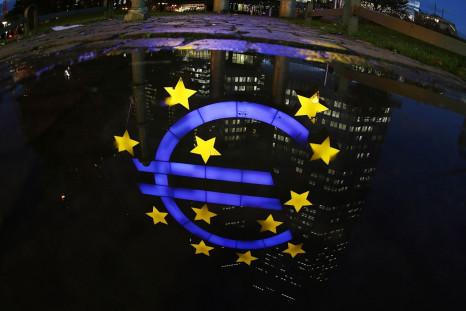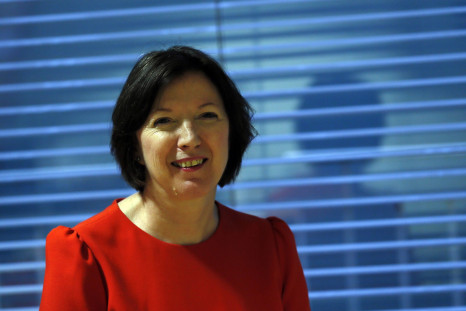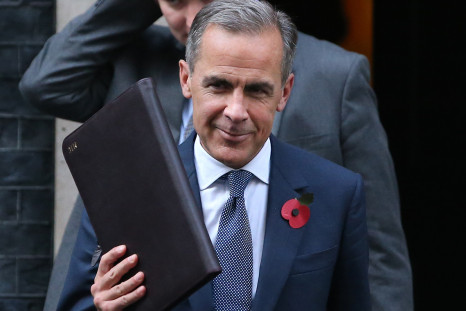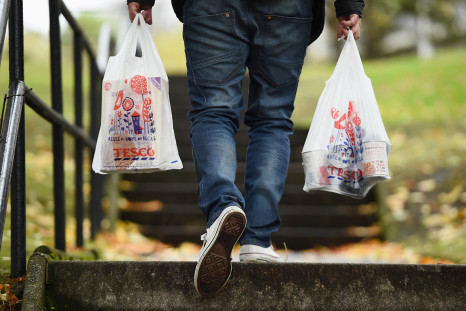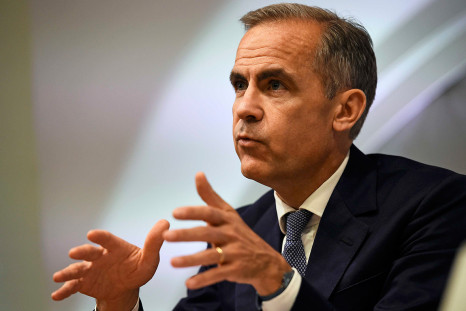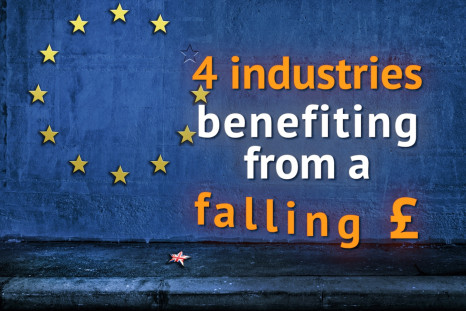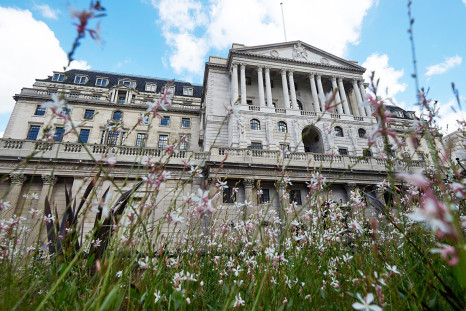Home
> Inflation
Inflation
Eurozone inflation stagnates at 1.5% adding to European Central Bank 's quandary
Reading underlines challenge facing the central bank as inflation remains below it's goal of just under 2%
Staff Reporter Sep 29, 2017
Rail commuters brace for biggest increase in fares in five years
Rail operators expected to hike fares by 3.5%, as trade unions complain of poor service for money.
Dan Cancian Aug 15, 2017
UK households' financial situation deteriorates at fastest rate in three years
New research suggests monthly incomes are at their lowest reflecting an ongoing squeeze on household incomes.
Gaurav Sharma Jul 24, 2017
Stagnant wages could push Britain into recession within a year, economists warn
Analysts warn that if wages do not rise in line with inflation consumers' real purchasing power will decrease.
Isabelle Gerretsen Jul 23, 2017
Britons weigh up borrowing £12.4bn in personal loans as rising inflation bites household budgets
The amount that Brits wanted to borrow last year amounts to £251 for every person in the country.
Roger Baird Jul 17, 2017
Cigarettes and alcohol: These charts show how consumer goods prices have rocketed since 2005
Price of tobacco up 99% since 2005, and food prices have risen by 130% in three years.
Daniele Palumbo Jul 11, 2017
Amid Trumponomics and Brexit woes, it's worth paying more attention to producer prices
Switching focus from consumer to producer prices when charting the UK economy's path in uncertain climes is worthwhile.
Marcus Dewsnap May 22, 2017
Bank of England keeps interest rates unchanged and cuts growth forecast for 2017
Monetary Policy Committee votes 7-1 in favour of keeping interest rates on hold at 0.25%.
Dan Cancian May 11, 2017
8 people electrocuted in bakery looting incident in Venezuela as anti-government unrest continues
The victims died after a high-voltage line reportedly fell on them.
Nandini Krishnamoorthy Apr 22, 2017
Rising inflation outlook boosted global equity and property prices over first quarter
Moody's reports emerging market currencies outperforming those of advanced economies.
Gaurav Sharma Apr 13, 2017
UK wage growth hits seven-month low as salaries fall behind inflation rate
Unemployment rate remains at lowest since 1975 but wage growth declines to 2.2%.
Dan Cancian Apr 12, 2017
Violence erupts in Venezuela during anti-Maduro protests
Dozens of protesters were reportedly injured in police crackdown during the demostrations in capital Caracas.
Vasudevan Sridharan Apr 11, 2017
Forget Brexit, it's Europe's geopolitical kerfuffle that's spooking investors
Research suggests investors are increasingly worried about Brexit aftermath and populist movements in Europe.
Gaurav Sharma Mar 31, 2017
UK inflation breaks through Bank of England's 2% target
Inflation rises 2.3% year-on-year in February, beating expectations for a 2.1% rise.
Dan Cancian Mar 21, 2017
Jeremy Corbyn: Budget shows UK economy is not prepared for Brexit
Labour leader warned of under-investment and an over-reliance on consumer spending.
Ian Silvera Mar 08, 2017
Budget 2017 checklist: Five things to watch out for when the Chancellor gets to his feet
Philip Hammond is expected to have £12bn to play with, but he plans keep hold of it in case economy weakens.
Roger Baird Mar 07, 2017
Rise of populism could jeopardise Europe's economic recovery, says Moody's
Money managers' survey conducted by global ratings agency deems populism as the biggest threat to economic progress in Europe.
Gaurav Sharma Feb 23, 2017
UK consumers favour casual dining over clothes shops as inflation begins to bite
UK consumers are however spending big in restaurants and bars.
Edmund Shing Feb 15, 2017
Europe's infrastructure challenge in light of Brexit uncertainty
UK ports, which are highly reliant on imports, and UK airports could be most exposed to the consequences of Brexit.
Ian Dixon Jan 23, 2017
Spiking eurozone inflation could put European Central Bank in difficult spot
Ratings agency S&P believes 2017 could mark the return rising inflation to Europe.
Gaurav Sharma Jan 09, 2017
TUC chief O'Grady calls for 'new bargain' for working class in 2017 with fairer pay and protection
Frances O'Grady adds that Britain succeeds when working people succeed.
Ananya Roy Dec 30, 2016
UK inflation spikes to two-year high as clothing and fuel cost more
Increase in the prices of fuel, clothing and computing equipment drove headline rate higher in November.
Gaurav Sharma Dec 13, 2016
Investing in 2017: Expect the unexpected big 'P.I.C.T.U.R.E'
The next 12 months would be rocky but a 'bottom up' approach to stock selection will prove its worth yet again.
Richard Hunter Dec 08, 2016
Bank of England reverses gloomy economic forecasts published prior to Brexit vote
UK central bank held interest rates at 0.25% in line with market expectations and raised growth forecast for 2017.
Gaurav Sharma Nov 03, 2016
After Marmitegate: Mark Carney says food prices will continue to rise
BoE governor Mark Carney says the falling value of the pound will see prices rise on a range of goods and services.
Roger Baird Oct 14, 2016
Britain should scrap the 1p piece, says Bank of England governor
Mark Carney said the penny should go as its value is inconsequential due to inflation rises.
Lucy Pasha-Robinson Sep 17, 2016
Protesters in Caracas rally as Venezuela president Nicolas Maduro faces blame for economic turmoil
The government is accused of leading the country down the road to economic ruin.
Fiona Keating Sep 02, 2016
FX Focus: Pound hits new three-year low against the euro despite rising inflation
Inflation edges higher to 0.6% in July but remains long way short of Bank of England's 2% target.
Dan Cancian Aug 16, 2016
Venezuela and Colombia agree to reopen border partially after a year
Venezuelan President Maduro had closed the border in August 2015 in order to control smuggling.
Divya Kishore Aug 12, 2016
Are British savers and pensioners getting a raw deal?
Rising inflation, rock-bottom interest rates and Brexit worries mean savings may be worth less than you think.
Dan Cancian Aug 01, 2016
Pages
- PREV
- 6
- 7
- 8
- 9
- 10
- 11
- 12
- 13
- 14
- NEXT



